Dr. Anja Zernig | KAI Kompetenzzentrum Automobil- und Industrieelektronik GmbH Villach |
Friday, November 26, 2021 | 10:00 (CET, 09:00 UTC) | Online: https://classroom.aau.at/b/sch-xte-ijl-jdg
Abstract: AI has infected the world. Today, there is a huge hype around Data Science activities all over the world, where one of the biggest challenges for the industry is to deliver financial value quickly but also sustainably. In her talk, she will show some examples on latest Use Cases in the area of Data Science within the semiconductor industry, including technical approaches and practical challenges. Further, she will give some personal insights on important enabling factors that make a Data Science project successful.
Bio: Anja Zernig coordinates Data Science projects at KAI Kompetenzzentrum Automobil- und Industrieelektronik GmbH in Villach, which is a 100% subsidiary of Infineon Technologies Austria AG. Dr. Zernig studied Technical Mathematics at the University of Klagenfurt and received her PhD in 2016. Afterwards, she has been applied as a researcher at KAI, focusing on topics like outlier and anomaly detection, pattern recognition, applied statistical methods and Machine Learning techniques. Since 2019 she is coordinating a team of Data Scientists, involved in various national and international funding projects and acts as a link between the industry and academic collaboration partners. She is supervising researchers and students, dealing with innovative data-analytical concepts within the semiconductor production, testing and optimization and publishes latest scientific insights in different conference and Journal papers. Beside this, Dr. Zernig participates in and supports local Data Science activities, e.g. she is part of the organizing team of the Women in Data Science Villach. In recent times, she is focusing on deployment strategies to guarantee sustainable Machine Learning lifecycles.

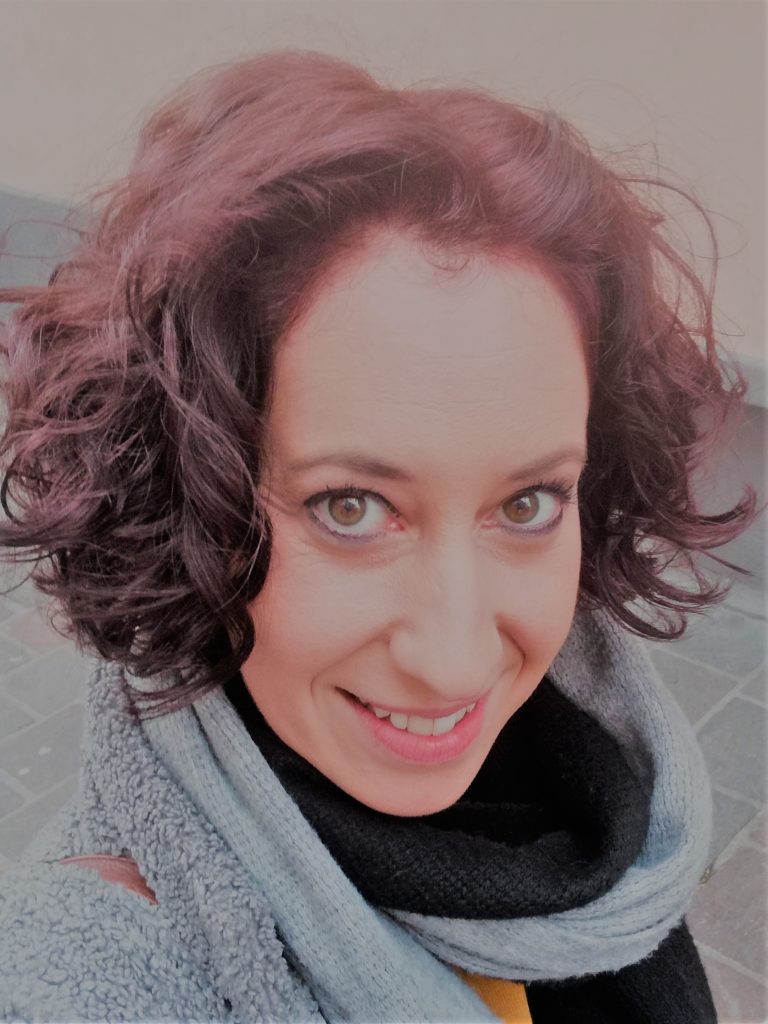
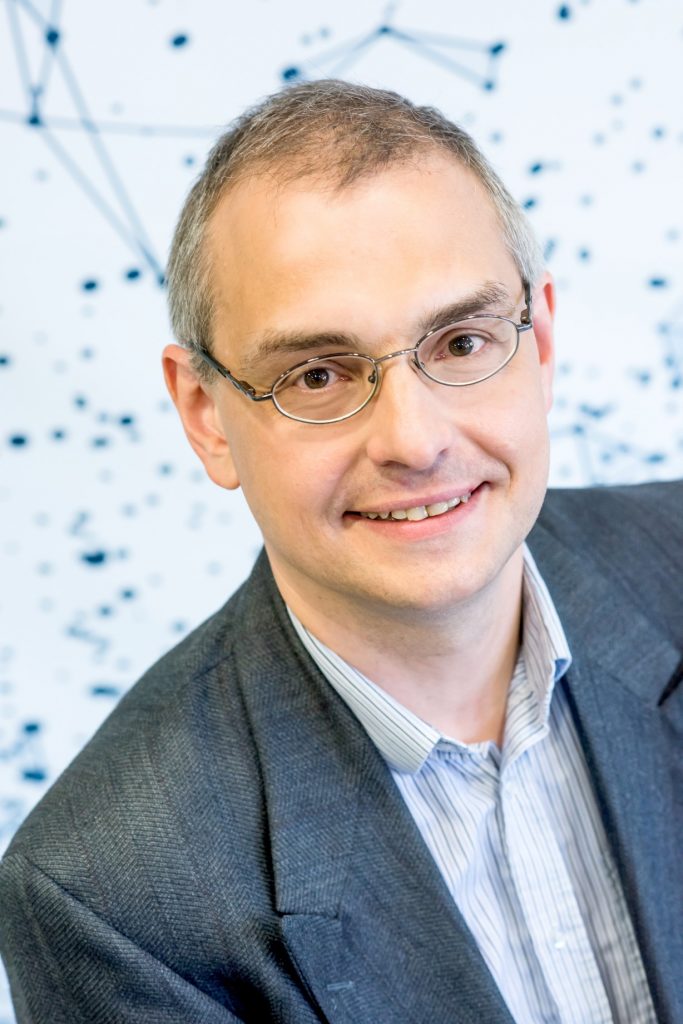


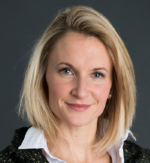
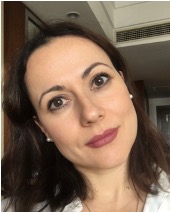
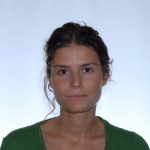 Bio: Laura Toni received the M.S. and Ph.D. degrees, both in electrical engineering, from the University of Bologna, Bologna, Italy, in 2005 and 2009, respectively. In 2007, she was a Visiting Scholar at the University of California at San Diego (UCSD), San Diego, CA, USA, and since 2009, she has been a frequent visitor to the UCSD, working on media coding and streaming technologies. Between 2009 and 2011, she was with the Tele-Robotics and Application Department, Italian Institute of Technology, investigating wireless sensor networks for robotics applications. In 2012, she was a Postdoctoral Fellow at UCSD, and between 2013 and 2016, she was a Postdoctoral Fellow in the Signal Processing Laboratory (LTS4) at École Polytechnique Fédérale de Lausanne, Lausanne, Switzerland. Since July 2016, she has been a Lecturer in the Electronic and Electrical Engineering Department, University College London (UCL), U.K. Her research mainly involves interactive multimedia systems, decision-making strategies under uncertainty, large-scale signal processing, and communications. She received the UCL Future Leadership Award in 2016, the ACM Best 10% Paper Award in 2013, and the IEEE/IFIP Best Paper Award in 2012.
Bio: Laura Toni received the M.S. and Ph.D. degrees, both in electrical engineering, from the University of Bologna, Bologna, Italy, in 2005 and 2009, respectively. In 2007, she was a Visiting Scholar at the University of California at San Diego (UCSD), San Diego, CA, USA, and since 2009, she has been a frequent visitor to the UCSD, working on media coding and streaming technologies. Between 2009 and 2011, she was with the Tele-Robotics and Application Department, Italian Institute of Technology, investigating wireless sensor networks for robotics applications. In 2012, she was a Postdoctoral Fellow at UCSD, and between 2013 and 2016, she was a Postdoctoral Fellow in the Signal Processing Laboratory (LTS4) at École Polytechnique Fédérale de Lausanne, Lausanne, Switzerland. Since July 2016, she has been a Lecturer in the Electronic and Electrical Engineering Department, University College London (UCL), U.K. Her research mainly involves interactive multimedia systems, decision-making strategies under uncertainty, large-scale signal processing, and communications. She received the UCL Future Leadership Award in 2016, the ACM Best 10% Paper Award in 2013, and the IEEE/IFIP Best Paper Award in 2012. Bio: Lucia D’Acunto received her PhD in 2012 from Delft University of Technology, the Netherlands, with a thesis on video streaming over peer-to-peer networks. She now works as a senior research scientist at TNO, focusing on video distribution and on the impact of future internet architectures (e.g. ICN, SDN and 5G) on it. She has led and is leading various European research projects on these topics, most notably the open call projects from the European Projects TRIANGLE, 5GINFIRE and FLAME. Since 2016, Lucia is an active participant and contributor to the 3GPP SA4 group, which focusses on mobile and 5G standardization for media applications. Lucia also serves in the organizing committees of several international conferences, usually in the roles of program chair or demo chair, and in the program committees. Lucia also regularly advises European operators on network and TV technologies and contributes to 5GPPP and NEM visions on the 5G Media Vertical and pilots. Lucia has published her research in several papers and journals and holds more than 15 patent applications.
Bio: Lucia D’Acunto received her PhD in 2012 from Delft University of Technology, the Netherlands, with a thesis on video streaming over peer-to-peer networks. She now works as a senior research scientist at TNO, focusing on video distribution and on the impact of future internet architectures (e.g. ICN, SDN and 5G) on it. She has led and is leading various European research projects on these topics, most notably the open call projects from the European Projects TRIANGLE, 5GINFIRE and FLAME. Since 2016, Lucia is an active participant and contributor to the 3GPP SA4 group, which focusses on mobile and 5G standardization for media applications. Lucia also serves in the organizing committees of several international conferences, usually in the roles of program chair or demo chair, and in the program committees. Lucia also regularly advises European operators on network and TV technologies and contributes to 5GPPP and NEM visions on the 5G Media Vertical and pilots. Lucia has published her research in several papers and journals and holds more than 15 patent applications.